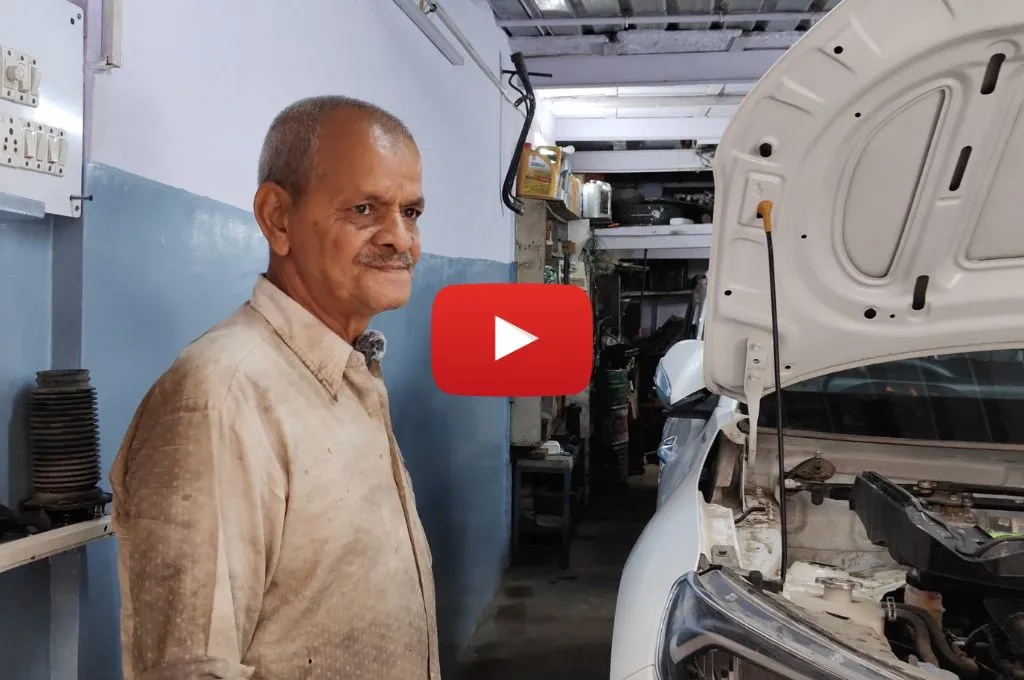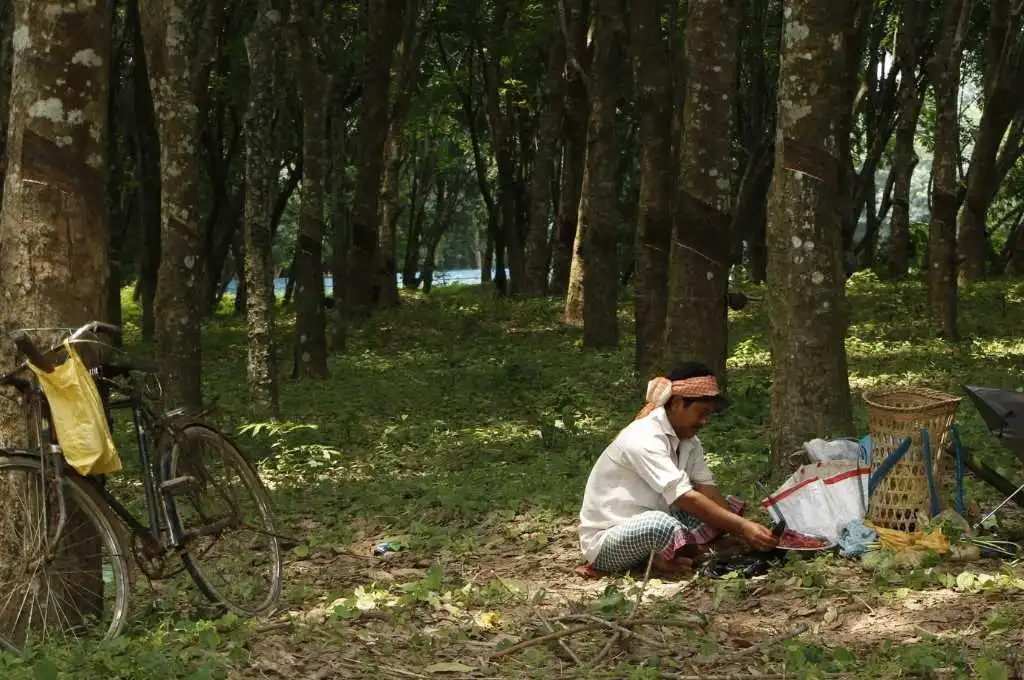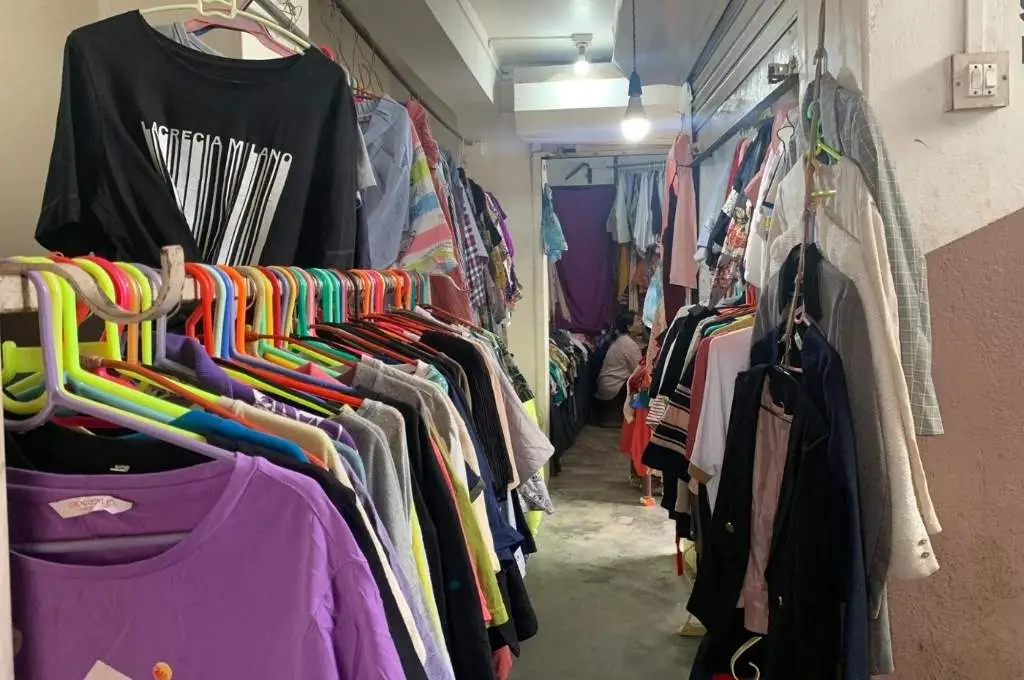I am a stringer—a freelance journalist who reports on hyperlocal issues—in the city of Unnao, Uttar Pradesh. I report on all locally relevant news. Unlike other reporters who have the luxury of covering one specific beat, stringers cover all kinds of news—crime, politics, and more. As soon as we hear about an incident, we get to the spot as quickly as possible and file the story there and then. And since we are locals ourselves, we understand how a particular issue affects the community.
I used to watch a lot of TV as a child—mostly Doordarshan. And every evening at 7 pm, when I watched the reporters broadcasting the news from Lucknow, I would think, “One day I too want to be on TV.” But my career didn’t start with TV journalism. Around the time that I was completing my Intermediate, I met a journalist who encouraged me to write for a newspaper. It sounded like a good job and I thought I should try it out, so I started working for the Daily News Activist. I really enjoyed my experience with print media—going to the spot, speaking to people, reporting the story in your own words, and having it published. This was in 2014. Since then I have worked with many different media platforms—at the news desk, as a reporter, and as an anchor. I have reported from Lucknow and New Delhi on local, state, and national-level news.
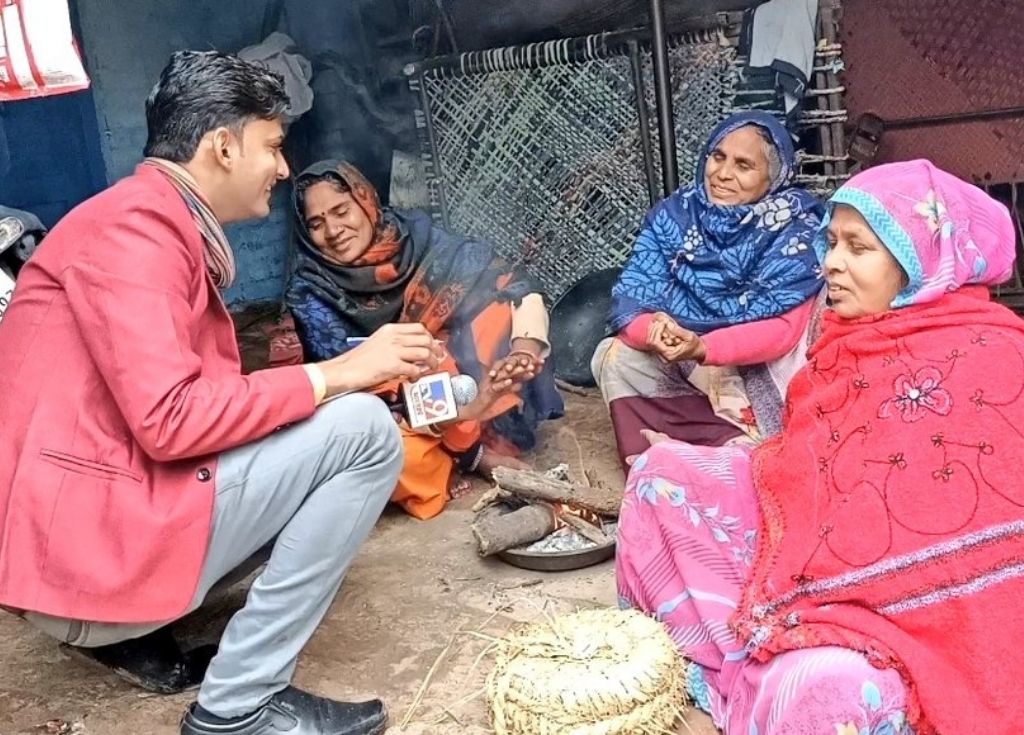
When COVID-19 cases were first registered globally in early 2020, I was working with a news portal in Lucknow called Aamne Samne News. I had been following the COVID-19 coverage on BBC and knew that the situation worldwide was getting worse, so I contacted the chief minister’s office on January 20 to ask them about the preparations being made in Lucknow. This was before any cases were reported in India. And when COVID-19 arrived in India and as the situation got worse, my salary was stopped. I found it difficult to manage in Lucknow, so I decided to return to my village. I now work as a stringer for TV9 Bharatvarsh, a national news channel.
7.00 AM: The first thing I do when I wake up is check WhatsApp for any news or updates. For a stringer, it’s very important to have a strong local network. Only then can you be informed about local incidents and events as they happen. If you don’t have a strong network, you won’t get to know about newsworthy incidents and you won’t be able to file and report on time.
I am in contact with the local newspaper, the local pradhans (village heads), and panchayat representatives. Officers at various administrative offices—the police department, district magistrate, and others—have my number and call me when something has to be reported. Among stringers, too, there is a strong network. The stringer who first reaches the site of an incident shares the news and information with the others. Sometimes I may not be able to reach a site on time. If this happens, I can rely on the other stringers that work in Unnao to help me.
A strong network helps when you are trying to separate a fact from a rumour while investigating.
And, whenever I visit a new place, I talk to the locals and share my number. I ask them to save it and call me if they face any issues or if there is any news that should be reported from their area. A strong network helps when you are trying to separate a fact from a rumour while investigating. I experienced this recently when I was reporting on the death of two Dalit girls in Unnao. While many others were reporting that the girls had been murdered after being raped, I was able to speak with the local police, doctors, and family members, gather all the facts, and then report that the girls died due to consumption of poison. It is important to report based on facts and evidence and not get carried away, especially nowadays when all kinds of rumours circulate very quickly on WhatsApp and social media.
8.30 AM: I eat breakfast and head to Unnao on my motorbike. I live about 15 km away from the city, so I commute between my village and the city daily. When I reach the city, my first stop is the district hospital, after which I visit the office of the superintendent of police and the district magistrate. From these offices I report on various stories—accidents, land disputes, and more. At each of these locations I speak to the affected individuals and the authorities and note down all the relevant information. I write these reports on the spot on my phone and send them to the news desk at TV9. I also note down the phone numbers of the people I speak to, so that I can contact them if I need to follow up on any information.
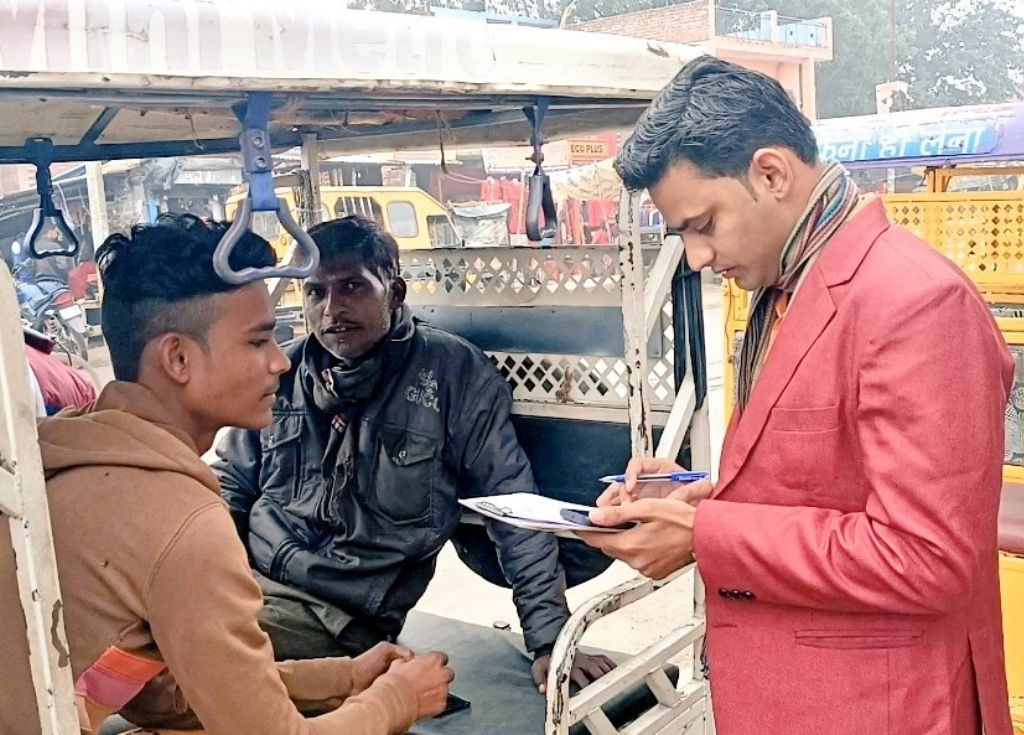
On some days I file up to eight reports. However, all the reports that I file don’t get published. The decision of which report will be carried is made by the news desk. Stringers don’t really have a say on which story is chosen or the final version of the report that is published. Sometimes I feel bad when a good report is not published, but I tell myself that I will do better the next time around. There are many other challenges too. For example, we don’t have a fixed monthly income. We are only paid for the reports that are published, not for all the reports that we file. The amount that I make from filing stories barely covers the cost of fuel that I have to incur to track down the stories. And the byline goes to the person at the news desk who puts together the story; our names sometimes appear at the end of the article. But reporting is my passion, and that’s why I continue to do it.
1.00 PM: Elections are taking place in Uttar Pradesh at the moment, so I am busier than usual. In addition to reporting all the regular news, I have to cover all the news related to the elections. I head to a party rally where I speak to the voters and party representatives. As a journalist I think it is important to focus on the issues that the citizens are facing—what are they, have they been resolved, what progress has been made in the last five years, what relief has the ruling party provided? We should be talking about relevant local issues and not creating an atmosphere for or against any particular candidate or party.
This time voters are not openly sharing whom they will vote for. In the last three elections we have seen waves in favour of one party each time—first the BSP, then the Samajwadi Party, and then the BJP. But in this election, we don’t see a clear wave in any one party’s favour.
It doesn’t matter what time I receive these calls; I leave whatever I am doing and rush to the accident site to file the story.
Apart from covering election rallies and campaigns, I have also been working on a story related to a Vidhan Sabha constituency in Unnao district called Purwa. A few months ago, I was doing some research on the election commission website and I noticed that the BJP has never won a seat from this constituency. I was curious about why this was the case and thought of investigating further to see if there was an interesting story that could be reported. So, I have been visiting Purwa and speaking to the locals, especially the elders who have been voting for decades. They tell me that the people of Purwa are still struggling to access basic facilities such as water, education, and healthcare. There are no good hospitals or institutions for higher education. This is what the next government must focus on. Simply handing out rations to the public does not translate into development.
6.00 PM: As I’m returning home, I get a call that there has been a bad accident on the highway. I immediately turn around and head towards the accident site. Usually these calls come late at night—at midnight or 2 am. It doesn’t matter what time I receive these calls; I leave whatever I am doing and rush to the accident site to file the story. If there are any deaths, I also have to make follow-up visits to the hospital for the post-mortem reports.
My schedule is unpredictable and I rarely get to spend time with my family. Initially, when I started working, my father was convinced that I had chosen the wrong profession. He would say, “You have passed the Intermediate, why don’t you learn computers and look for a good job instead of wandering around?” Now, when people tell him about my work, he feels at ease. My friends think I have the best job because I can go around, meet people, and also talk about the problems they face. But the job of a stringer is a high-pressure one, with scant recognition and financial returns. I work for the kick that I get from doing this job and will keep at it until the excitement wears off.
As told to IDR.
—
Know more
- Learn about the struggles of grassroots workers in India.
- Understand what drives small-town reporters to do their job.
- Read about the difficulties of working as a woman journalist in Kashmir.

